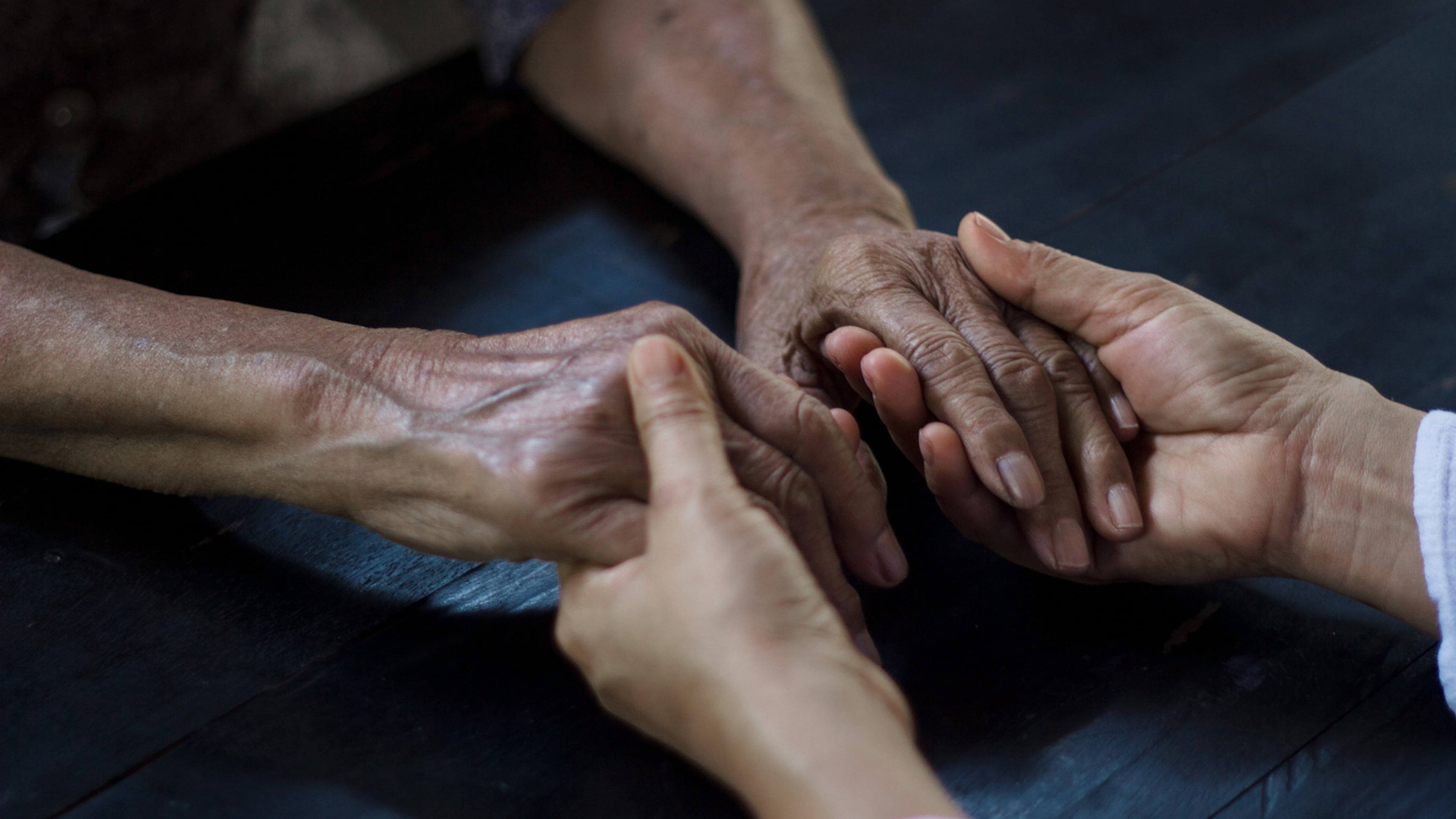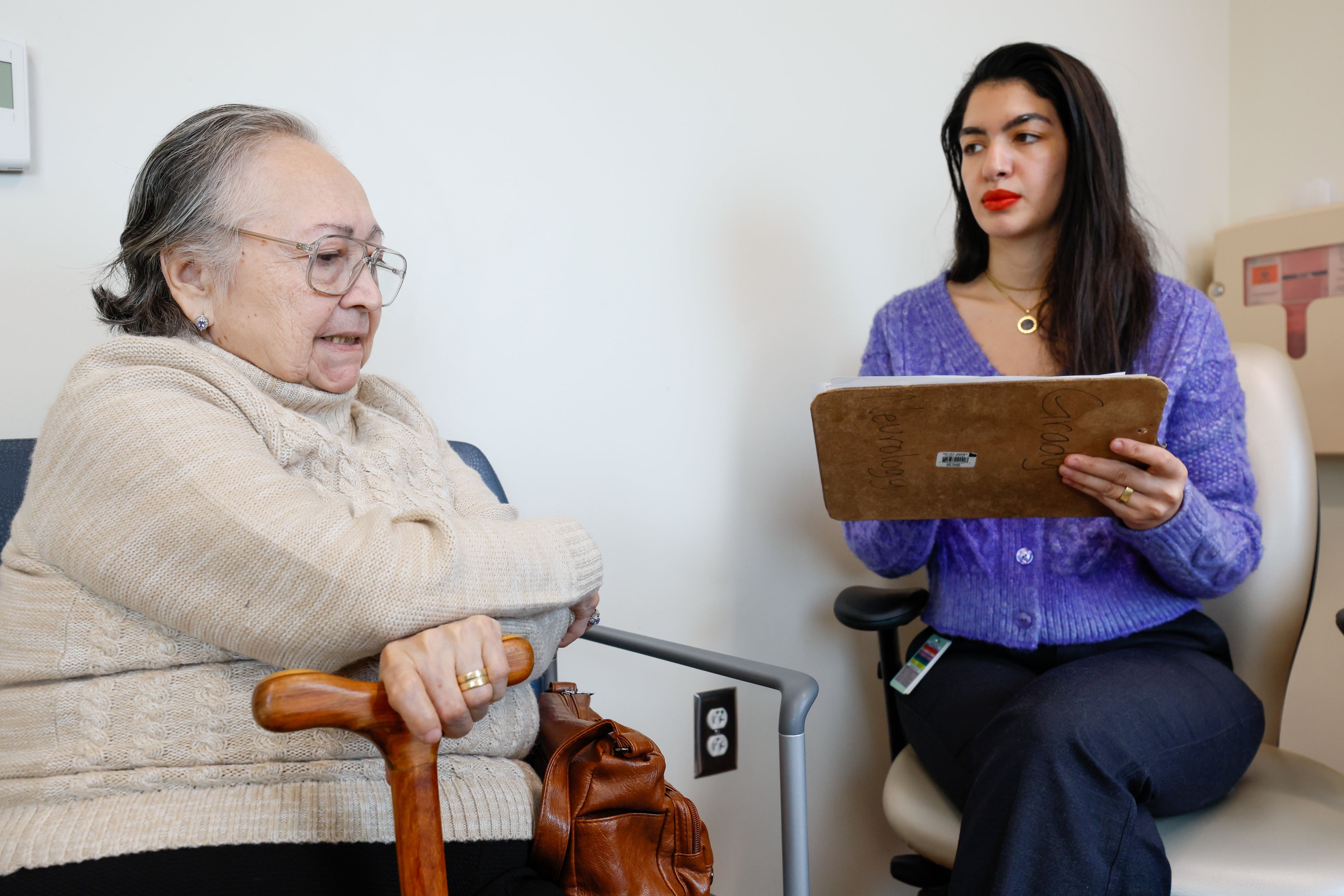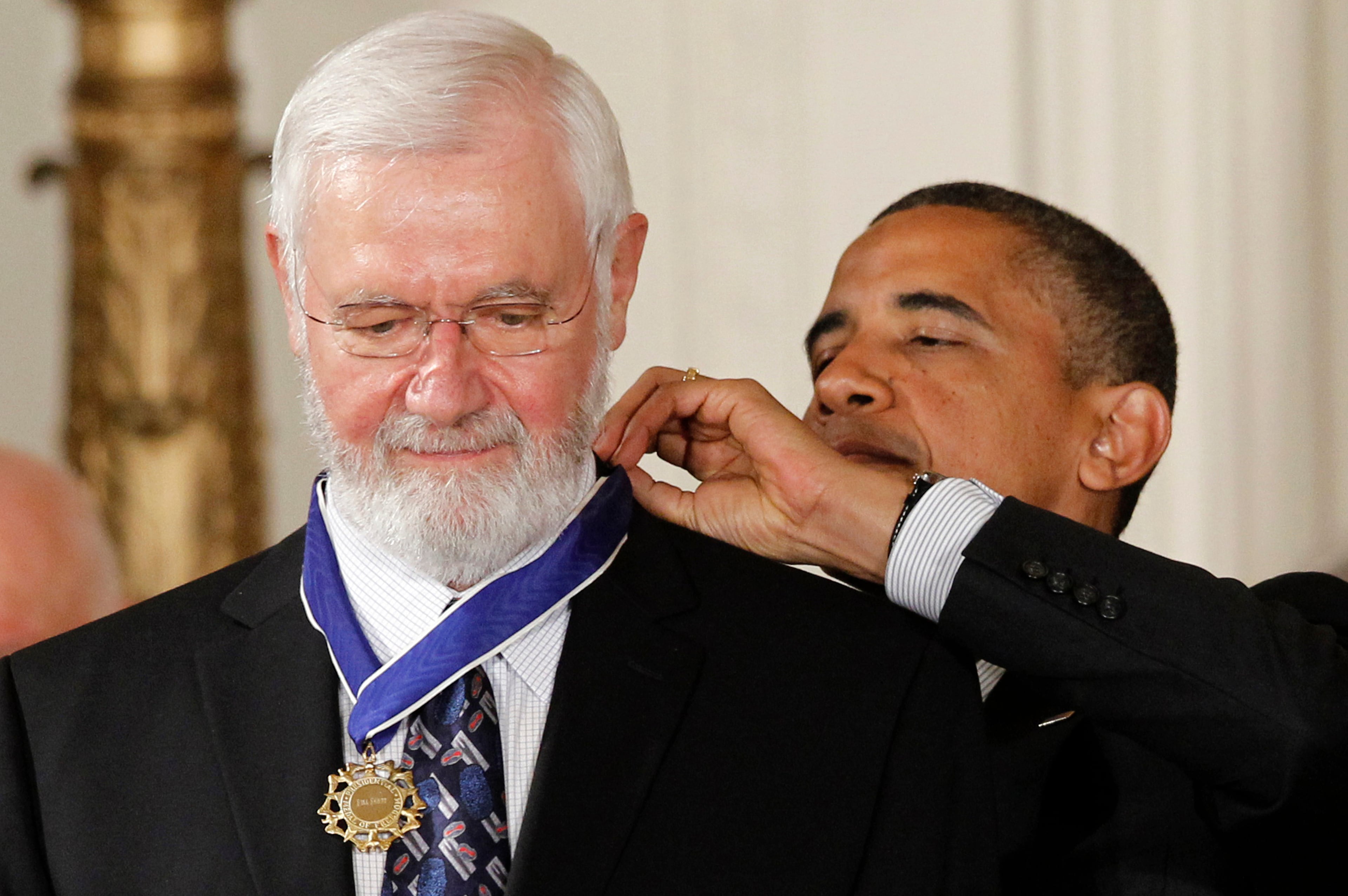Pilot program for Medicare dementia patients, caregivers could be gamechanger

A diagnosis of dementia or Alzheimer’s disease not only thrusts people with the disease on a complicated and heart-wrenching journey, but also the loved ones caring for them.
A new program under Medicare, the federal government’s insurance program for people 65 and over, aims to take a more comprehensive approach to providing support to both patients and caregivers.
A national pilot program called the Guiding an Improved Dementia Experience (GUIDE) Model was announced Monday by Health and Human Services and the Centers for Medicare and Medicaid Services. There are 390 providers around the country who will participate in providing a suite of services.
Centers for Medicare and Medicaid Services estimates GUIDE providers will serve about 200,000 people with Medicare in the U.S. and Washington, D.C, which includes about 2,550 in Georgia.

Grady Health System and the Emory Clinic, which is part of Emory Healthcare, are among them, along with other academic medical centers, small practices, community organizations and hospice agencies. Among the provider agencies taking part in the GUIDE pilot program, nearly 25% are in rural areas and about 33% operate in rural or urban areas serving those with low economic status, federal organizers said Monday.
Some of the programs are up and running as of Monday but some of the providers, including Grady, are still in the implementation stage. The Emory Clinic, which will provide the services at the Emory Integrated Memory Care outpatient clinic in Brookhaven, is now accepting new appointments. Meanwhile, a spokesperson for Grady said the program there will not start accepting patients until next July.
The national pilot program has three goals: improving care and quality of life for people with dementia; easing the tremendous strain on caregivers; and helping people with dementia stay in their homes longer to delay the need for being moved into a care facility.
Under the GUIDE program, each family will get a care coordinator who will get to know the needs of each patient and caregiver. The coordinator will offer guidance and help resolve problems before they escalate. A member of the care team will be on call around the clock and can coordinate doctor visits and other services such as meals and transportation.
Care coordinators can also find adult day care or in-home care for the patient for up to a few hours a week, to ease the caregiver’s load.
This marks a major change from the current situation for most families of dementia patients. Most have no coordinated access to resources and little support. The GUIDE model is intended to close that gap.

“Few diagnoses are as devastating as dementia,” said CMS Administrator Chiquita Brooks-LaSure. “So many of us have loved ones who have suffered from dementia, including me. I can still remember when my grandmother couldn’t remember eating her birthday cake when her empty plate was right in front of her.”
The program, she said, is designed to offer “the best quality of life for all concerned, and hope, every step of the way.”
In order to qualify for this new program, the patient must have a diagnosis of dementia, have Medicare as their primary payer, and be enrolled in Medicare Parts A and B. Patients enrolled in Medicare Advantage plans or already residing in a nursing home will not be eligible for GUIDE.
The newly launched GUIDE pilot program will run for eight years.
The stakes are huge.
About 6.9 million U.S. residents age 65 and older are living with Alzheimer’s, including at least 188,000 Georgians, according to the Alzheimer’s Association. That’s equal to 12% of adults over 65 in Georgia.
Dementia is an impaired ability to remember, think or make decisions that interferes with doing everyday activities. Alzheimer’s disease is the most common type of dementia and is characterized by progressive memory loss. But not everyone with cognitive decline has dementia, and some causes of cognitive decline are actually reversible.

Meeting the complex and ever-changing needs for people with dementia can be overwhelming.
Black people are also two to three times more likely to develop Alzheimer’s compared to whites.
In the U.S., more than 11 million unpaid and largely untrained family members and friends provide more than 80% of care to people with dementia, supplying assistance worth $272 billion in 2021, according to the Alzheimer’s Association. (This excludes patients living in nursing homes and other institutions.)
In 2024, health and long-term care costs for people living with Alzheimer’s and other dementias are projected to reach $360 billion — not including the value of unpaid caregiving. Medicare and Medicaid are expected to cover $231 billion (64%), while out-of-pocket spending is expected to be $91 billion, according to the Alzheimer’s Association.
At a press call Monday about the GUIDE program, Dr. Gabriela Cohen, geriatric medicine specialist at Grady Health System, also noted many patients with dementia have other chronic diseases, such as diabetes and heart problems.
She said Grady’s GUIDE program will better coordinate care and help caregivers manage stress.
“What we really want to achieve is a patient-centered plan that is aligned to patient and caregiver needs and goals with a special emphasis on social services to help our population,” she said.
Caregivers, she said, “told us they need more social services, more home services, more caregiver education.”
Database reporter Stephanie Lamm contributed to this article.
The following providers in Georgia will participate in the new GUIDE pilot program
CareAlly Health, Colbert
The Emory Clinic, Atlanta
The Steward Center for Palliative Care, Savannah
Sage Health at Home, Kennesaw
Savannah Neurology Specialists, Savannah
Appalachian Hospice, Blairsville
Grady Health System, Atlanta
CareConnectMD Georgia, Atlanta



